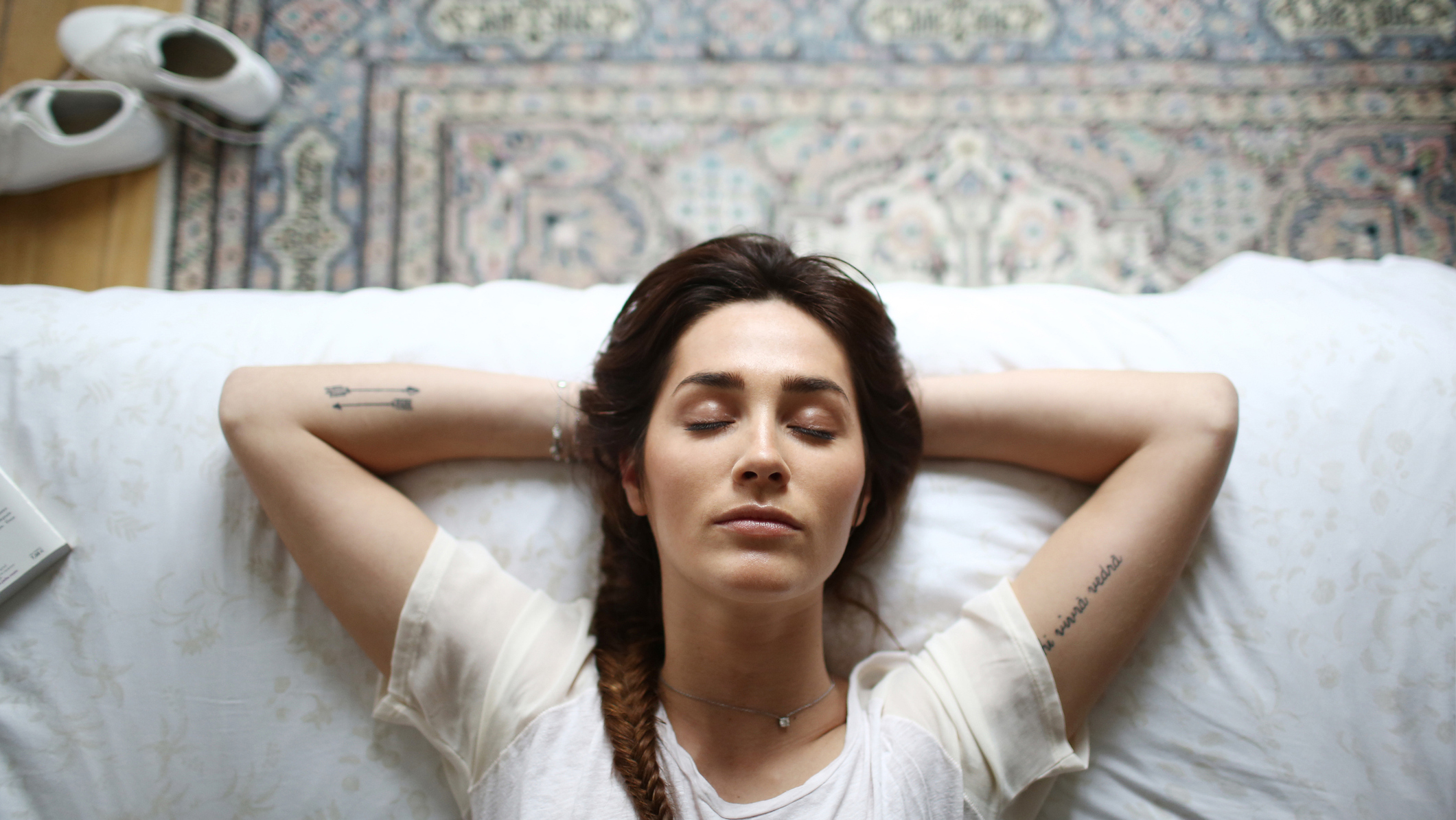While the link between sleep, diet, exercise, and mental health has been well established in recent years, in a surprising twist, researchers have isolated sleep quality, not quantity, as the biggest predictor of good mental health.
A study from the University of Otago in New Zealand revealed that getting good quality sleep, followed by frequent exercising, and consuming plenty of fruits and vegetables, are key to mental health and wellbeing. While the study involved young adults aged 18-25, the wider implications are relevant to all of us.
Surveying more than 1,100 people aged 18-25 across the United States and New Zealand, researchers collected data on what they describe as the three pillars of good health: sleep, exercise, and diet. This was done in a bid to understand which pillar had the greatest impact on mental health. Upon examining the data, researchers discovered that sleep quality was the strongest predictor of mental well-being.
“This is surprising because sleep recommendations predominantly focus on quantity rather than quality,” said study lead author Shay-Ruby Wickham in a prepared statement. “While we did see that both too little sleep – less than 8 hours – and too much sleep – more than 12 hours – were associated with higher depressive symptoms and lower well-being, sleep quality significantly outranked sleep quantity in predicting mental health and well-being.”
How does sleep, diet and exercise affect mental health?
While plenty of studies have already examined the separate roles that lack of sleep, a poor diet, and a sedentary lifestyle play in the development of mental health disorders, researchers from Otago Medical School were keen to examine how these three factors work together.
In an online survey completed between 2018 and 2019, young adults aged 18-25 were asked to record their mood, wellbeing, sleep, diet, and exercise. Using one of the best fitness trackers can help you better understand how active you are each day. For an affordable device, read our round-up of the best Amazon Prime Day Fitbit deals.
They were also asked to report how refreshed they felt each morning upon waking. Viewing sleep, diet and exercise as the three pillars of health, the study sought to explore whether this synergistic effect on wellbeing could be attributed more to one of the three pillars than the other two.

The data revealed that depressive symptoms were lowest in young adults who slept for 9.7 hours per night, while feelings of wellbeing were highest in those who slept for eight hours. Wellbeing was also found to be highest in those participants who ate 4.8 servings of raw fruit and vegetables each day, compared to those who ate less than two. Regular exercise ranked as the second clearest indicator of wellbeing.
While good quality sleep came out on top as the single biggest predictor of good mental health, researchers stressed the importance of getting plenty of exercise and eating well, given that “physical activity and diet are secondary but still significant factors.”
How can you sleep, eat and exercise better?
When it comes to enhancing your mental health, yes it's important to pay attention to all three health pillars, but experts recommend tackling one at a time and making small changes to avoid feeling overwhelmed.
For quality sleep, start with practicing good sleep hygiene. A simple change here comes courtesy of the CDC, which suggests going to bed and waking up at the same time ( even on the weekends) to help your body fall into a natural sleep/wake routine. The health organization also recommends:
- Removing electronic devices from your bedroom
- Ensuring your bedroom is quiet and dark to aid undisturbed sleep
- Avoiding large meals, alcohol and caffeine before bed, as these can disturb your sleep
If you think your bed might be at the root of your subpar slumber, take a look at our guides to the best mattress online and the best pillows designed for a range of sleep positions. You can also find regular sales on the top sleep brands, such as Purple mattress deals and discounts, as well as Casper mattress deals, and Saatva mattress discounts.
In terms of diet, fruits and vegetables, unprocessed grains, nuts, fish, and seafood, are known for their mental health-boosting properties. In studies that compare traditional diets such as the Mediterranean diet with a typical Western diet (typically high in processed food), researchers have found that those who follow a traditional diet have a 25% to 35% lower risk of depression than those who consume a Western diet.
Move your body
The World Health Organization recently updated its activity guidelines for adults, recommending those aged 18-64 to get 150-300 minutes of moderate-intensity aerobic exercise every week, with 75-150 minutes of vigorous exercise.
While that may sound like a lot, setting up a simple home gym with one of the best treadmills for walking and jogging, or even and exercise bike for indoor cycling workouts, can help you rack up those active minutes. Gardening, carrying heavy groceries, and doing house chores also count.
What free resources are there for better mental health?
With the number of people being diagnosed with a mental health disorder continuing to rise, approximately 56% of Americans say they don’t seek the help they need because of the stigma still surrounding mental health, and the costs associated with treatment, even for those with health insurance.
The good news is, there are plenty of free resources you can access if you or someone you know needs additional support. Here are some of the best free resources to use:
- National Institute of Mental Health
- Crisis Text Line
- National Alliance on Mental illness
- Anxiety and Depression Association of America
- Born This Way Foundation
- The Trevor Project
Looking for more health and wellness content? Take a look at our guide to the best sunrise alarm clocks to help you rise and shine more easily, or the best sound machines to help you drop-off faster. We've also sourced expert help on how to stop anxiety ruining your sleep, if racing thoughts are keeping you awake at night.

